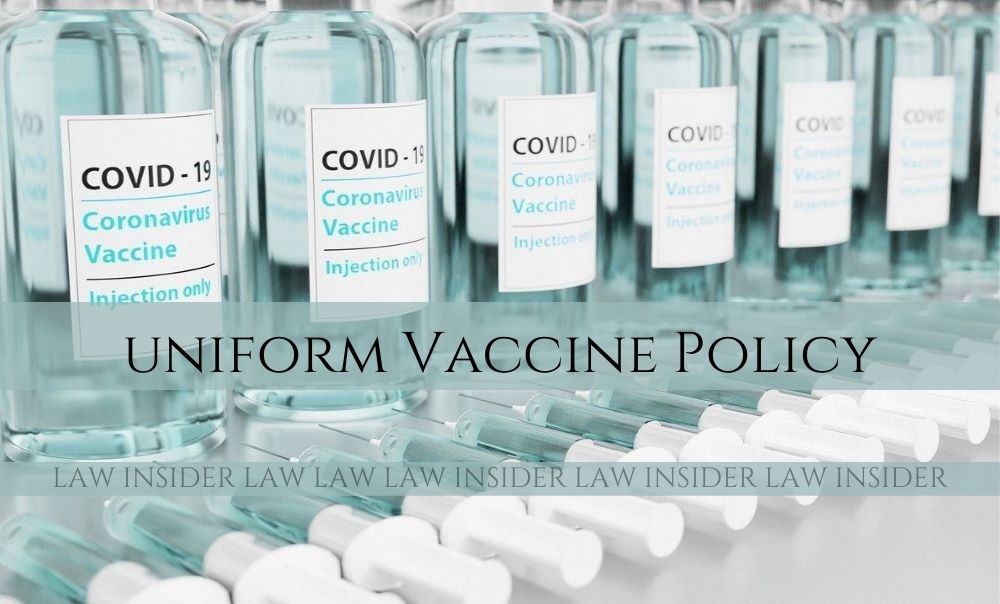Kareena Eugene
The Central Government was asked by the Supreme Court to revisit the present vaccination policy for COVID-19 which was adopted by it.
The Supreme Court stated that the present policy would prima facie harm the Right to Public Health which is an integral element of Article 21 of the Indian Constitution.
The Court said that the policy would force the State Governments to negotiate with vaccine manufacturers on the ground of promoting competition which will result in serious damage to those in the age group of 18-44 years, who will be vaccinated by the State Government.
The Court said, “The social strata of this age group also comprise of persons who are Bahujans or belong to other under privileged and marginalized groups, like many in the other population age groups. They may not have the ability to pay,”.
It was highlighted by the Court, ‘this will create disparity across the nations.’
Whether or not the vaccines will be available to the people, based on the finances, on whether or not the vaccines must be made available for free or subsidized (if so, to what extent), depends on the State Government.
The Court additionally stated that the vaccinations being provided to the citizens constitute a valuable public good.
Since this is so, discrimination cannot be made between different classes of the society while the Central Government will carry the burden of providing free vaccines to the population of 45 years and above.
The Court emphasised that, the State Government will discharge the responsibility of giving the vaccines to 18 to 44 age group on such commercial terms as they may negotiate.
The Court suggested that, “Once quantities are allocated by it to each State Government, the latter would lift the allocated quantities and carry out the distribution. In other words, while procurement would be centralized, distribution of the vaccines across India within the States/UTs would be decentralized.”
However, the Court made it clear that they were not passing any order on the Constitutionality of the policy.
The order stated that, “While we are not passing a conclusive determination on the constitutionality of the current policy, the manner in which the current policy has been framed would prima facie result in a detriment to the right to public health which is an integral element of Article 21 of the Constitution. Therefore, we believe that the Central Government should consider revisiting its current vaccine policy to ensure that it withstands the scrutiny of Articles 14 and Article 21 of the Constitution”.

